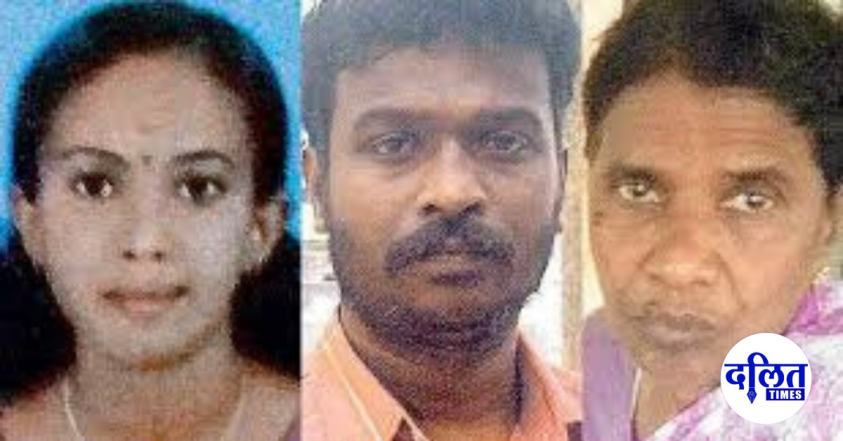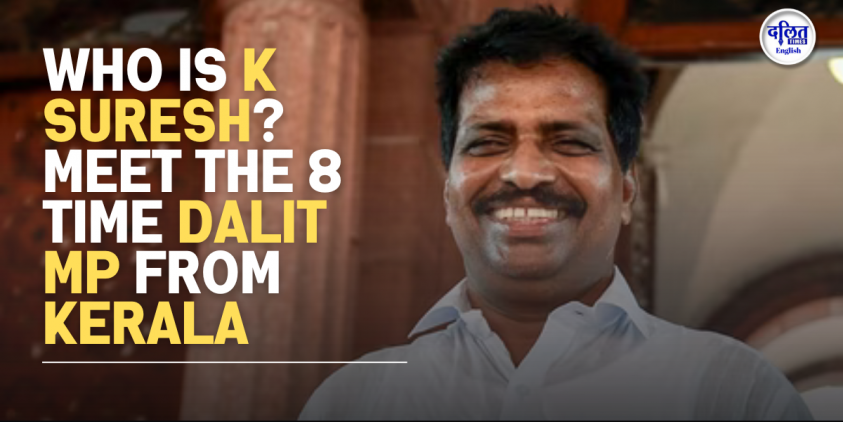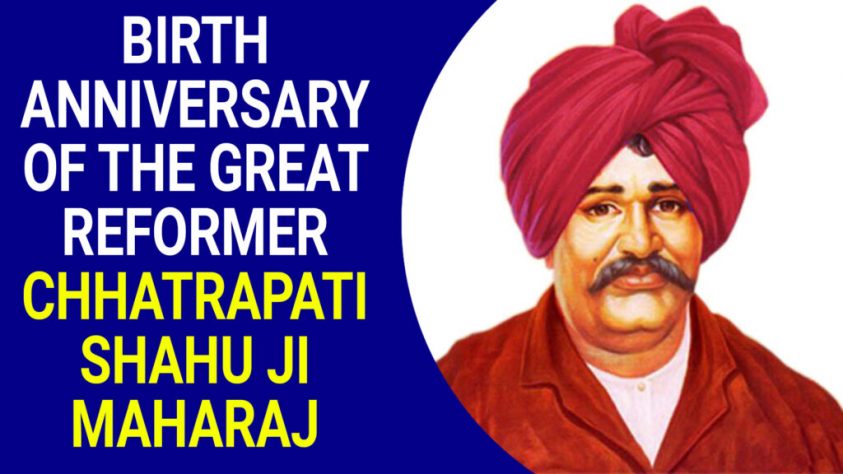Rare of the Rarest Case — Life Imprisonment and ₹1 Lakh Fine – for Husband and Mother-in-Law-
Pooyappall-, Kollam District,-Kerala
On March 21, 2019, Thushara, a 28-year-old woman, died an invisible, brutal death inside the confines of her marital home. At the time of her death, she weighed a horrifying 21 kilograms — her skeletal body standing as a mute, damning witness to a crime so monstrous that it shakes the conscience of any society that dares call itself civilized.
Today, after six long years of delay, the Sessions Court at Kollam — under District Judge S. Subhash — delivered a verdict that few expected: life imprisonment and a ₹1 lakh fine each for her husband Chandu Lal and mother-in-law Geetha Lal. They were convicted under Sections 302 (Murder), 304B (Dowry Death), 344 (Wrongful Confinement), and 34 (Common Intention) of the IPC.
The judgment fully accepted the prosecution’s case, painstakingly built by Advocate K.B. Mahendra, who refused to let Thushara’s slow murder be buried under legal technicalities and societal indifference.
Hunger as a Weapon: Planned, Premeditated Murder
Chandulal Married Thushara in 2013 and Thushara’s life descended into a living hell. Witnesses, including Prosecution Witness 2, testified that even simple acts of affection — like trying to hold her children would earn her brutal beatings. She was detained inside her home, denied food, denied medical care, and cut off from her own parents. She allowed to drink small quantity of water with sugar and raw rice a long term before her murder and was stopped that too some days before the death.
The Anganwadi teacher, another crucial witness, revealed how the accused even erased Thushara’s identity — falsely entering Geetha Lal’s name as the mother in the child’s official records.
The medical evidence left no doubt:
- At the time of her second delivery, Thushara weighed 48 kilograms.
- Within a year and a half, her body wasted away to 21 kilograms.
- Her bladder was empty, her stomach contained no food, her body had no flesh — only skin wrapped over bone.
This was no accident. This was no poverty.
This was murder by starvation — deliberate, calculated, and remorseless.
Legal Battle: A Fight Against Silence
The first information statement (FIS) was lodged by Thushara’s family at Pooyappally Police Station.
From the outset, the battle was uphill — battling a society that normalizes dowry harassment, domestic confinement, and slow violence against women.
Advocate Mahendra described the crime aptly: “an extreme manifestation of dowry greed, patriarchal cruelty, and moral collapse” — a rare of the rarest case in India’s judicial history.

The Kollam Court recognized starvation not merely as cruelty or neglect, but as an active, murderous weapon.
Judge S. Subhash remarked that no similar case has been recorded in Indian legal history, where starvation over time was methodically used to kill a woman.
This verdict must serve as a warning: domestic violence is not only blood on the skin — it is also the silent death that society prefers not to see.
Family’s Grief: Justice, but Not Enough
While life imprisonment and a monetary fine have been awarded, Thushara’s family remains unsatisfied, believing — rightly — that no punishment can ever match the savagery of the crime committed. How does one equate years of silent, slow killing with mere years of imprisonment?
What monetary fine can buy back a woman’s dignity and her stolen life?
The Broader Crisis: Domestic Violence Redefined
Thushara’s case forces us to confront a truth we often deny: Domestic violence is not always bloody.
It is isolation, emotional strangulation, forced hunger, and the methodical erasure of a human being.Even in an era of “progress,” women are still being starved to death inside their homes — right before the eyes of neighbors, relatives, and a society that has normalized dowry, control, and cruelty.
How many more Thusharas must we bury before we admit that patriarchy kills not just with knives, but also with silence?
Thushara’s Name Must Be a Rallying Cry
This verdict is a beginning, not an end. It is a recognition that starvation is violence — that denial of food can be as murderous as a bullet. But true justice for Thushara lies not just in prison sentences.
It lies in dismantling the institutions of dowry, patriarchy, and familial tyranny.
It lies in breaking the silence that kills.
Thushara deserved to live with dignity. We let her die in hunger and horror.
The least we can do now is to say her name, carry her memory, and build a society where no woman is ever starved into a slow, invisible death again.
Need for empowering women before marriage
Despite the existence of the Dowry Prohibition Act, 1961, dowry practices continue to thrive across India, often under socially sanctioned forms like “gifts,” “wedding expenses,” and “family expectations.” The law criminalizes the giving and receiving of dowry, but enforcement remains weak, and convictions are rare. Deeply entrenched patriarchal norms treat women as financial burdens or tradable commodities, reducing the law to a paper shield rather than a tool of real protection. The persistence of dowry demands — often disguised — exposes the gap between legislation and lived reality, revealing that mere legal prohibition, without structural social reform, cannot dismantle systems of economic and gender oppression.
Therefore, the urgent need is not only to strengthen the legal framework around dowry but to empower women socially and economically before marriage itself. Women must enter marriages as equal citizens, not as dependents carrying a “price tag” set by the market of caste, class, and patriarchy. True empowerment means guaranteed rights to property, education, independent income, and bodily autonomy — conditions that laws alone cannot secure without revolutionary shifts in social consciousness. The fight against dowry is not just about punishing the guilty after the fact; it is about dismantling the structures that make dowry seem “normal” in the first place.
Bindu Ammini/ Legal Advisor Dalit Times



